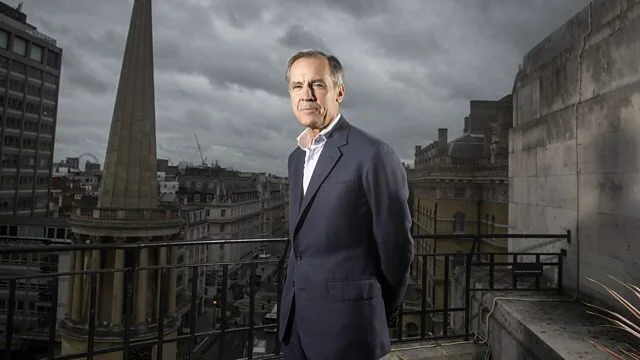Podcasts
REITH LECTURES 2020
Former governor of the Bank of England, Mark Carney, on the way we have prioritised value, meaning price, at the expense of values, meaning what’s important. Yes, it’s a few years old, but in my opinion it remains a brilliant analysis of where we still are.
My favourite episodes
LECTURE 1: From moral to market sentiments
Carney develops Oscar Wilde’s aphorism “nowadays people know the price of everything and the value of nothing”, arguing that economic value has largely become separated from moral value. The worship of profit and treatment of market price as the ultimate arbiter of something’s worth, have corroded society and marginalised our stated ‘values’
LECTURE 2: From credit crisis to resilience
Carney attributes the global financial crash of 2008 primarily to the disconnect between bankers and their clients in the real economy and argues that a complete culture change is needed in the world of finance. He also introduces what is, to me, a novel idea: that of banking as a vocation, where internal ethical controls operate, linking it back to his first lecture about value and values. No mention, though, of criminal sanctions for those who perpetrate the big frauds.
LECTURE 3: From covid crisis to renaissance
Carney links the pandemic to our unwillingness to invest in prevention. However he finds cause for optimism in the reaction to it, with most societies prioritising the welfare of their citizens over the damage to their economies. He goes on to argue that public health and the economy are actually complimentary, rather than in opposition, because a wider spread of the virus would negatively impact the economy.
LECTURE 4: From climate crisis to real prosperity
Carney argues that the climate crisis contains great opportunity for green growth and that, once society sets clear goals, the dynamism of the private sector will find solutions. While he believes that continued growth is essential, what is encouraging is to hear someone so central to the establishment, and so well respected, arguing strongly that we must move rapidly towards net zero emissions. And not one of the eminent questioners contests this.




